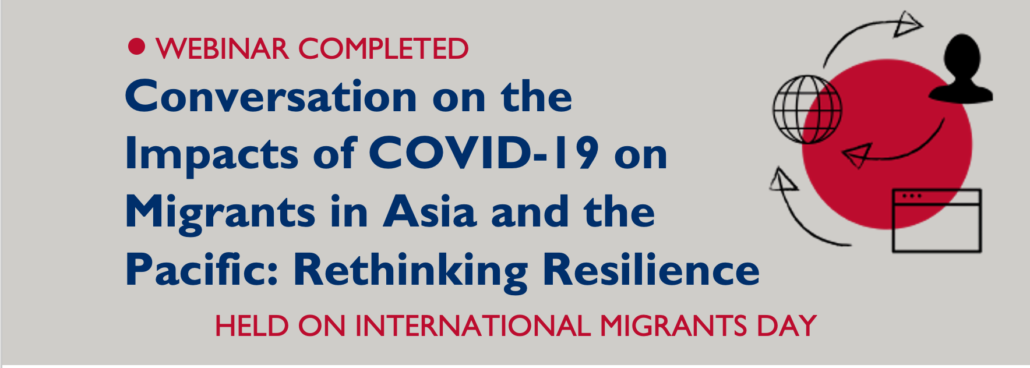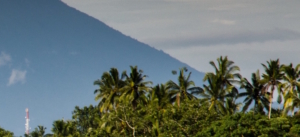Localization is the set of internal reforms, actions, and behavior changes USAID is undertaking to ensure its work puts local actors in the lead, strengthens local systems, and is responsive to local communities.1 To advance localization, USAID is working to adapt its policies and program practices, shift power to local actors, channel a larger portion of assistance to local partners, and serve as a public advocate and thought leader.
Though its support for localization has been evident through decades of development policies and strategies, in recent years, USAID has gained momentum for this initiative with the 2014 Local Systems Framework, the signing of the Grand Bargain in 2016, the 2018 Acquisition and Assistance Strategy, 2018 Journey to Self-Reliance Country Roadmaps, 2019 New Partnerships Initiative, the 2021 Local Capacity Development Policy, and in 2021, Administrator Power’s New Vision for Global Development. Localization is now a key priority of USAID practice, programming, and procurement. At Integra, we believe that localization progress will lead to improved development programming outcomes, cost efficiencies for the U.S. Government, and greater, large-scale, and sustainable impact.
USAID/Kenya and East Africa (USAID/KEA) is one of the localization leaders at the Agency, beginning its most recent process of localization in 2019 during the development of its 2020–2025 Country Development Cooperation Strategy (CDCS). In line with the CDCS, the Mission aimed to redefine how it works with local partners under a collaborative framework, supporting Kenya’s commitment to self-reliance at the local level. The Mission worked with counties throughout the country to develop Annual Program Statements and subsequently designed a country strategy for Kenya-owned, Kenya-led, and Kenya-managed development. Concurrently, the Mission instituted approaches to localization that considered Kenya’s devolved system of government, including using County Liaison Teams, planning for Local Development Organizations, and initiating plans for co-creating local development initiatives through local partners to include non-government entities. The Mission worked with the national government to sign a Development Cooperation Framework Agreement, sign implementation letters with government ministries, sign memoranda of understanding with county governments, and begin issuing development assistance awards to local organizations.
OPPORTUNITY
In 2023, under the Kenya Evaluations, Assessments, and Analysis IDIQ, USAID/KEA requested assistance from Integra to assess their localization efforts. The Localization Engagement Assessment aimed to understand the extent of the Mission’s implementation of localization approaches and its achievements to date through its local partners, awards, and internal operating framework. Additionally, it was designed to identify best practices and bottlenecks in its approaches, processes, and structures and to generate actionable recommendations and tools to integrate improved localization efforts into future programming.
The Integra Team began the assessment by conducting a desk review, desk research, and stakeholder identification and outreach. Data collection included online questionnaires and 50+ in-person and virtual interviews with Mission staff, international implementing partners, local partners, and local county government officials. Interviewees included staff from USAID service line offices and stakeholders involved in 18 selected USAID activities across technical offices.
METHODOLGY
Integra mapped the assessment findings against four categories: 1) USAID skills and level of effort, 2) risk mitigation, 3) outcomes, and 4) local community involvement. For example, the team mapped the existing and needed skills to effectively work with local partners, such as financial management and compliance, risk management, and growth facilitation. The team made specific recommendations for enhancing co-creation and community engagement during the design and implementation phases, which could help ensure localization is a priority throughout the program lifecycle. The team also noted successes, such as increased funding to local engagements, and challenges, such as insufficient data to measure activity-level outcomes to date. It found that there is a high level of appreciation for USAID’s efforts, that additional capacity strengthening is needed, and that stakeholders could benefit from clearly defined localization objectives and metrics. Integra challenged USAID to consider their return on investment, utilize a CLA approach to support portfolio management, and cultivate shared-value partnerships.
Along with the final report of findings and recommendations, the team also produced a stakeholder matrix, a summary of the current extent of localization, a process roadmap for best practices, localization objectives and metrics, three case studies, a localization ranking tool, and stated dis/advantages of four program pathway structures. Pathway structures include Direct, Accelerate, Project, and Collaborate Pathways.
IMPACT
Ultimately, this assessment aids USAID/KEA in understanding its stakeholder and localization engagement achievements. USAID will use the report to inform localization approaches and tools related to projects and activities’ current and future design and implementation. Our findings and recommendations also support the development of the Mission’s localization strategic framework and achieving its CDCS’ localization objectives. Our work will help USAID further empower local actors, respond to local priorities, and draw on local capacities and networks for development results better sustained by local institutions.
Integra is excited to have had the opportunity to support USAID/KEA in its localization journey and looks forward to supporting the Agency in its continued localization efforts.








































